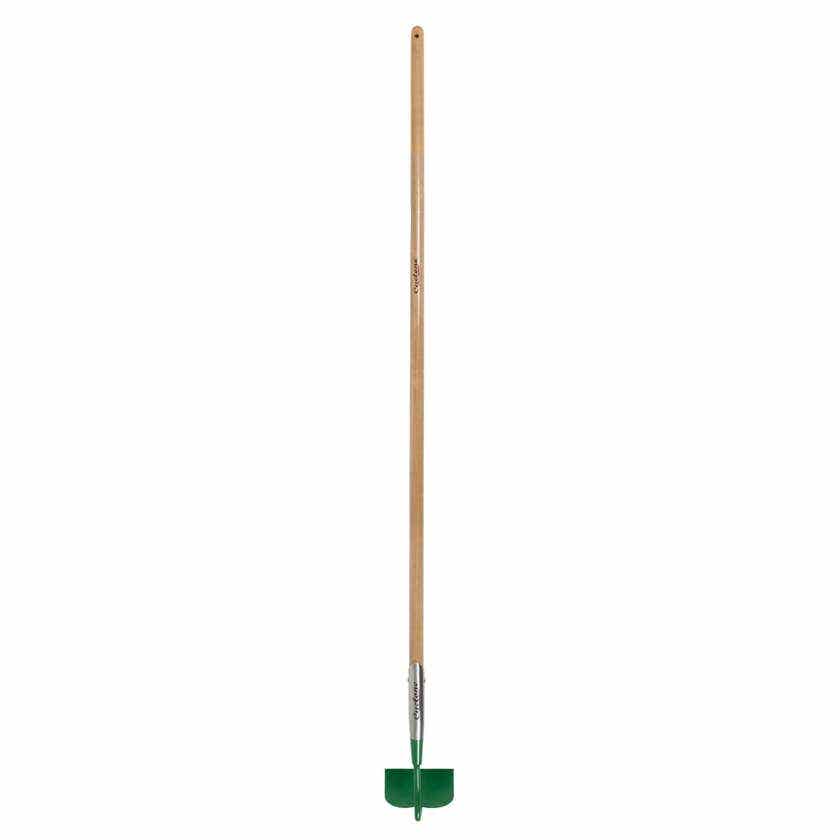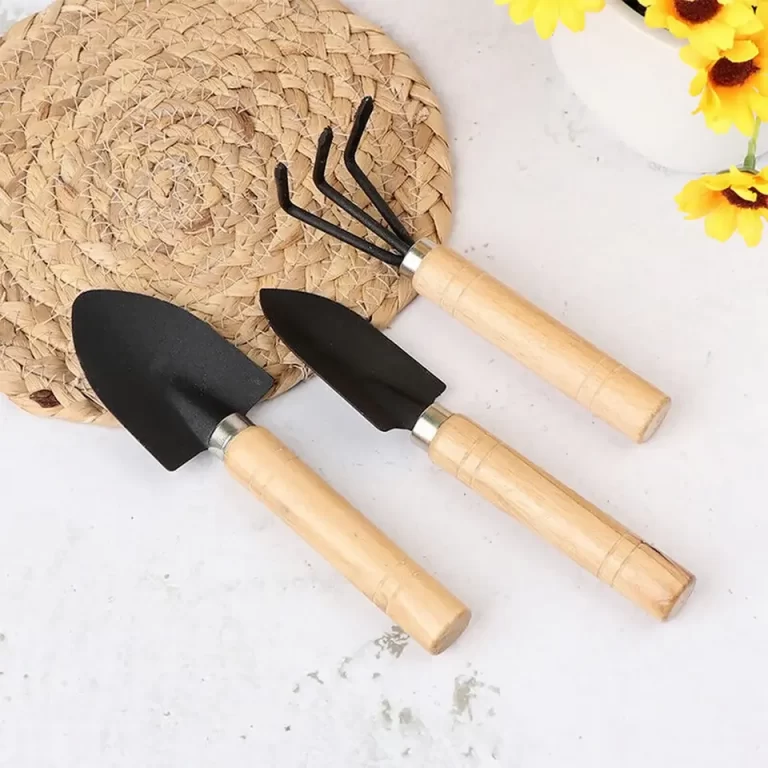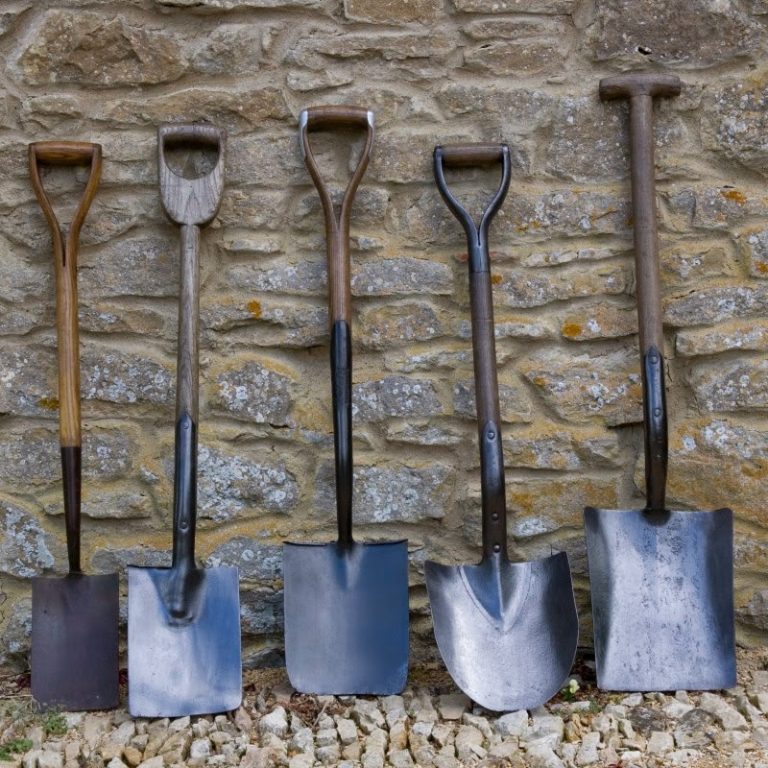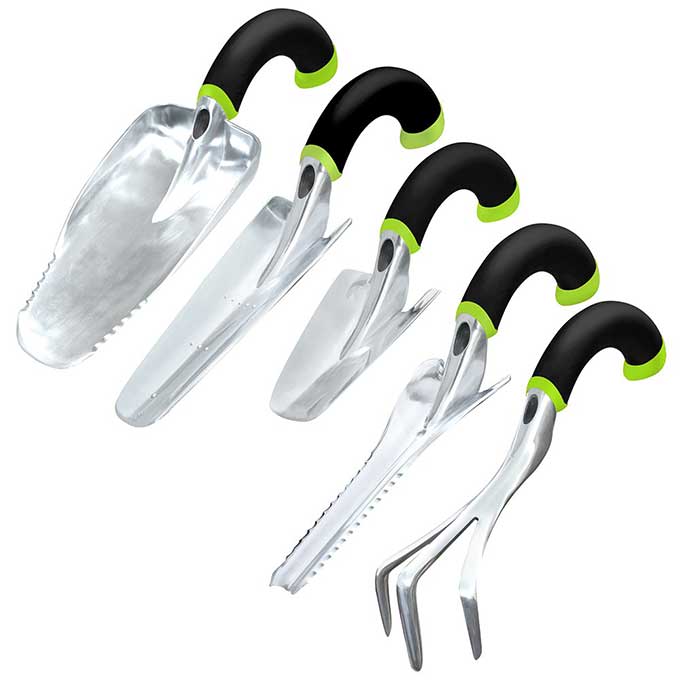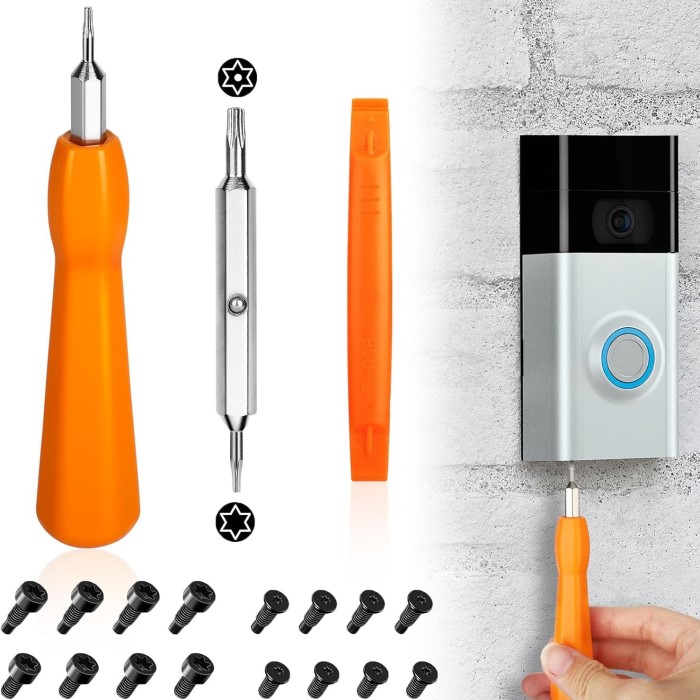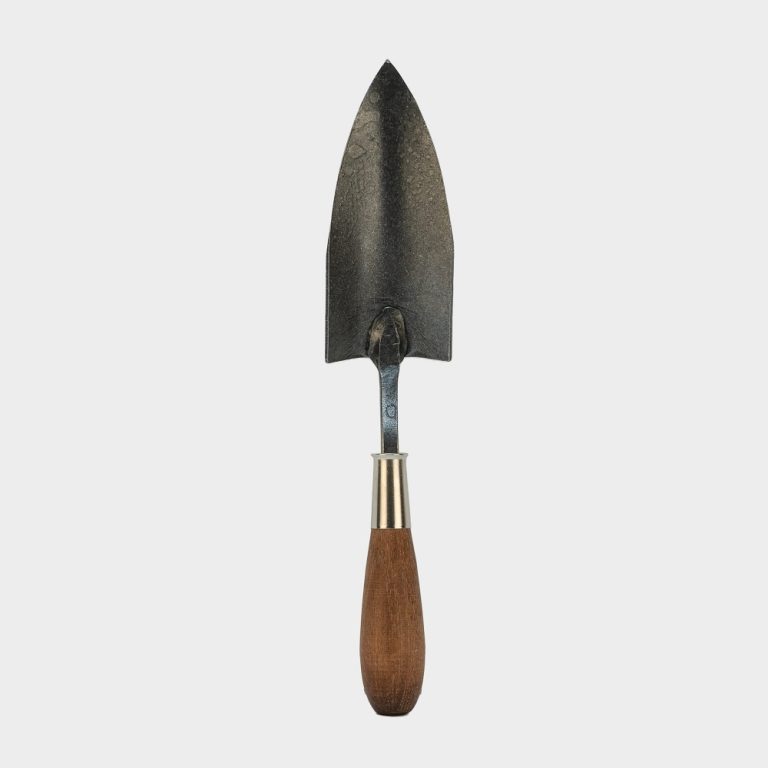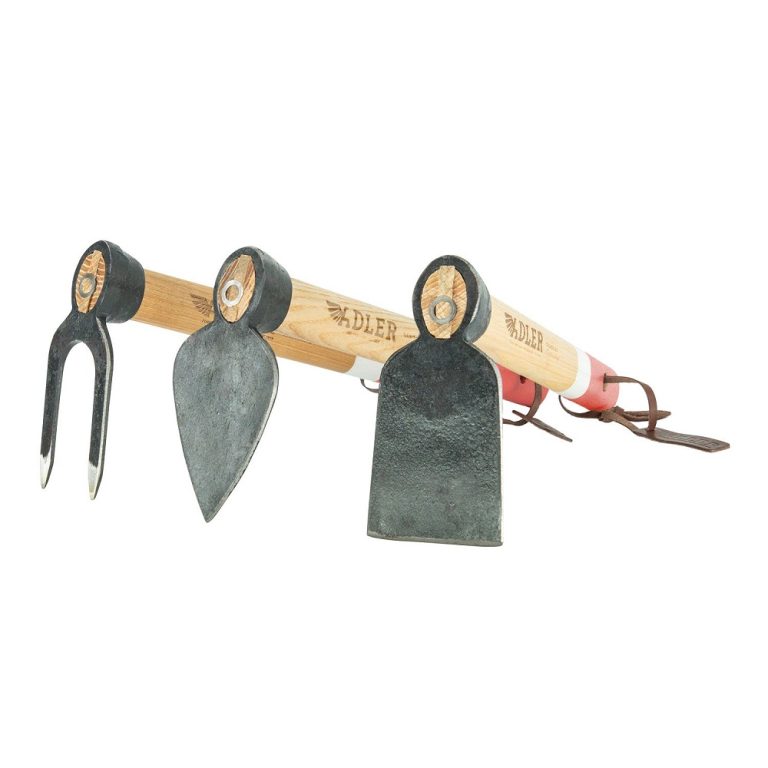Gardening is a beloved activity for many people, offering both relaxation and a sense of achievement. However, the joy of gardening can sometimes be overshadowed by the challenges of dealing with tough or compacted soil. When the ground is hard and unyielding, it becomes difficult to plant seeds, dig holes, or cultivate the earth. This is where having the right digging tools becomes crucial. The right equipment can turn a frustrating task into an enjoyable one and set you up for success in your gardening endeavors. In this article, we’ll explore various types of garden digging tools that can help you manage tough soil and ensure that your garden thrives.
Understanding Your Soil Type
Identifying Soil Conditions
Before selecting the right tools, it’s essential to understand the type of soil you are dealing with. Soil can range from sandy to clay-based and everything in between. Sandy soils are often loose and easy to work with, while clay soils can be dense and difficult to penetrate. Additionally, some soils may be rocky or include a mixture of textures, which can complicate the digging process further. Knowing your soil type is crucial because it will dictate the best tools and techniques for preparation.
To assess your soil, start by digging a small hole and examining its texture. Does it crumble easily, or does it stick together? Understanding these conditions helps you choose the right digging tools. For example, those working with clay soil may need heavier-duty tools compared to those working with sandy soil. By recognizing the unique aspects of your soil, you can better prepare for your gardening efforts.
The Importance of Soil Preparation
Proper soil preparation is vital for a successful garden. Compacted soil can hinder root development, restrict water drainage, and limit nutrient availability. Taking the time to understand and prepare your soil will enhance the growth of your plants. That’s why investing in the right tools is essential to create an environment that encourages healthy plant development.
Working with tough soil without proper equipment can lead to backaches and frustration. Investing in high-quality digging tools helps make the process smoother and more efficient. By preparing your soil effectively, you can create a flourishing garden that showcases beautiful blooms or luscious vegetables.
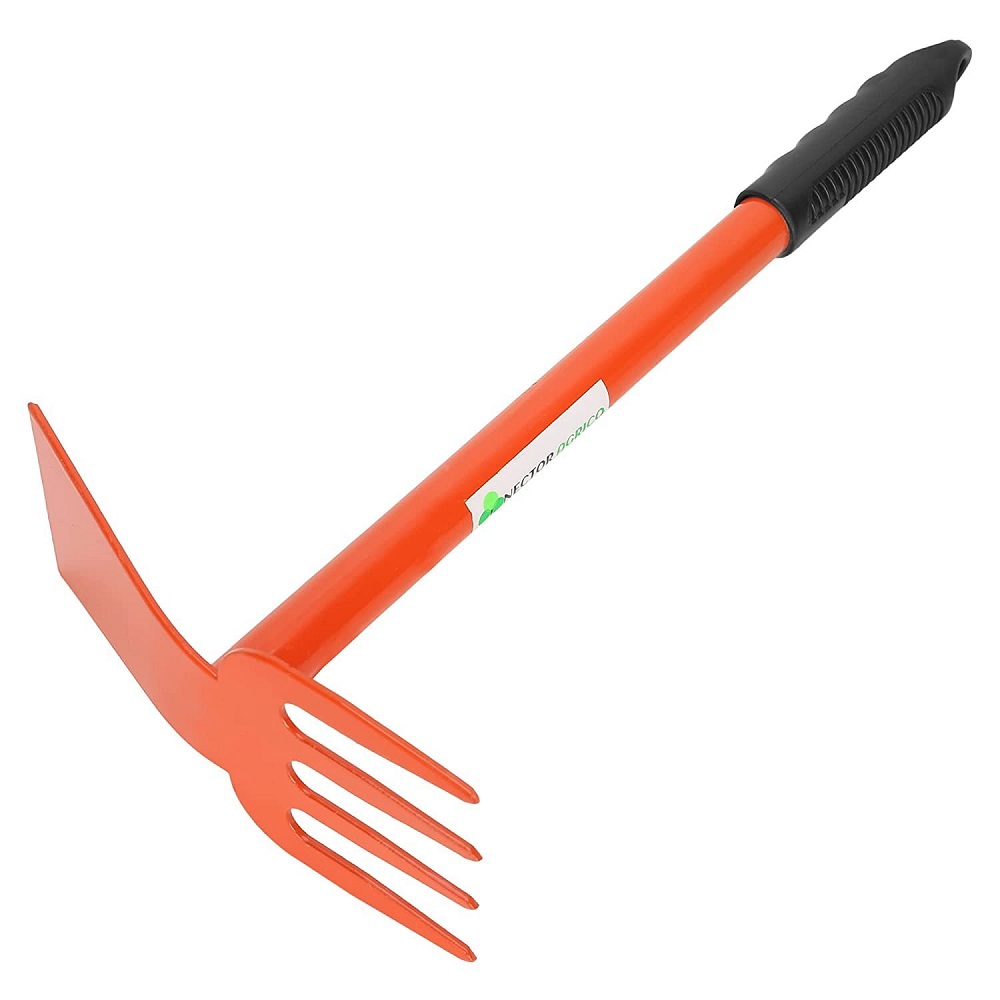
Essential Garden Digging Tools
1. Hand Trowel
A hand trowel is one of the most versatile tools for any gardener. This small, handheld tool is perfect for digging, planting, and transferring soil. It may seem simple, but a good hand trowel can make a world of difference when it comes to smaller gardening tasks. The pointed blade is great for breaking up tough soil in tight spots, such as flower beds or around the roots of existing plants.
A hand trowel is also handy for planting bulbs, transplanting seedlings, or even weeding. Many are designed with ergonomic handles to enhance comfort during extended use. When selecting a trowel, look for a durable blade made from stainless steel that resists rust and tarnish. With the right hand trowel in your toolkit, you’ll find you can manage a variety of gardening tasks efficiently, even in tougher soils.
2. Garden Fork
A garden fork, also known as a digging fork or spade fork, is essential for working with tough soil. Its robust prongs penetrate the ground to break up compacted soil and aerate it effectively. Unlike a shovel, which is more suitable for lifting and transferring soil, a garden fork is perfect for loosening the earth, which is crucial for soil health.
Using a garden fork can make it easier to mix in compost or other organic matter to enrich the soil. Additionally, this tool is great for weeding, as it can lift out stubborn weeds from their roots. When choosing a garden fork, consider the quality of the handle and the thickness of the prongs. A sturdy, well-designed fork will enhance your gardening experience, making it easier to tackle any soil condition.
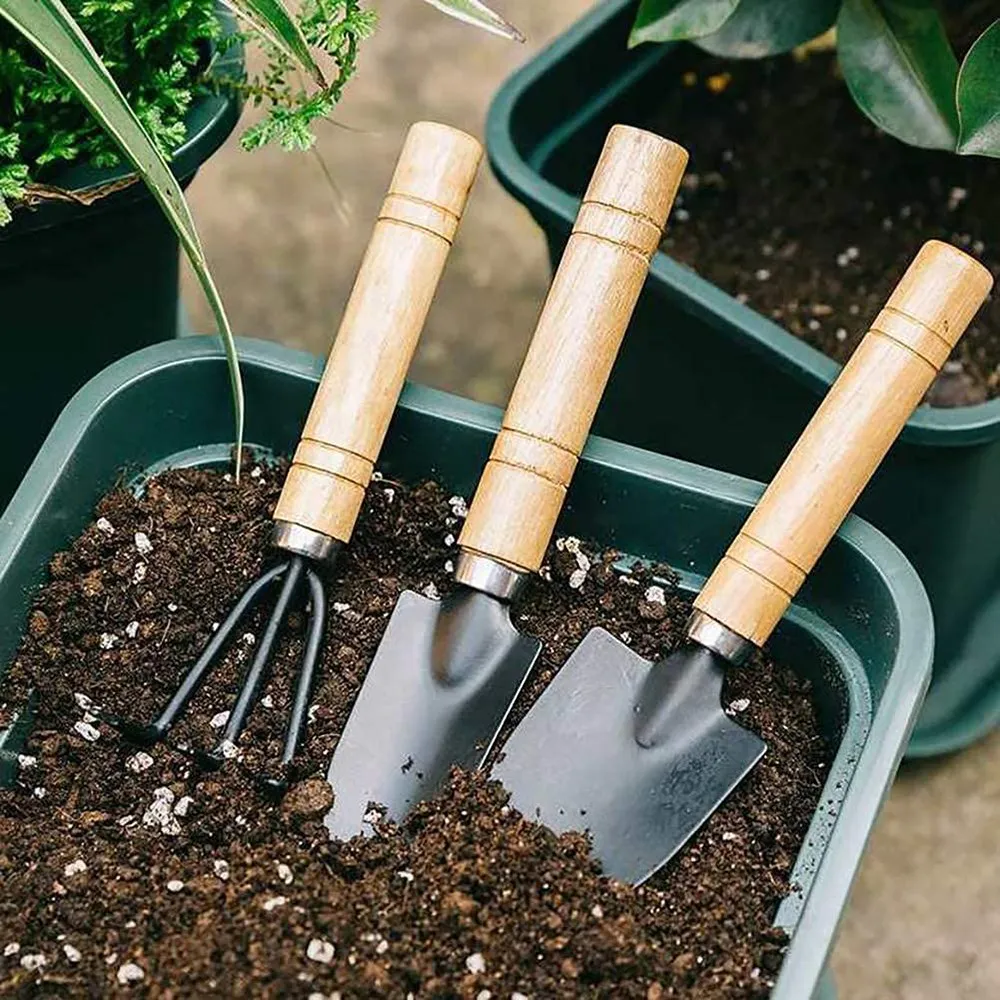
Specialized Digging Tools
3. Pitchfork
If you frequently deal with heavy, tough soil, a pitchfork is a fantastic addition to your gardening toolkit. This tool, characterized by its long, strong prongs, is designed for turning and loosening soil efficiently. The pitchfork is particularly useful for working in compost piles or breaking up tough clumps of soil.
A pitchfork allows you to lift and move larger quantities without straining your back. This is especially beneficial when incorporating organic material into the soil. When using a pitchfork, ensure you maintain proper lifting techniques to avoid injury. With the right pitchfork in hand, you can master heavy-duty soil work with ease and efficiency, making it an essential item for serious gardeners.
4. Post Hole Digger
For planting trees or large shrubs, a post hole digger is invaluable. This tool is specifically designed to create deep holes for substantial root systems. The two handles of a post hole digger work collaboratively to remove soil efficiently, allowing you to dig precisely where needed.
Using a post hole digger requires some technique but provides excellent results when digging deep holes. This tool is particularly advantageous when dealing with tough soils or rocky ground, where it can penetrate and extract soil more effectively than standard shovels. Investing in a quality post hole digger can make a significant difference when establishing larger plants in your garden.
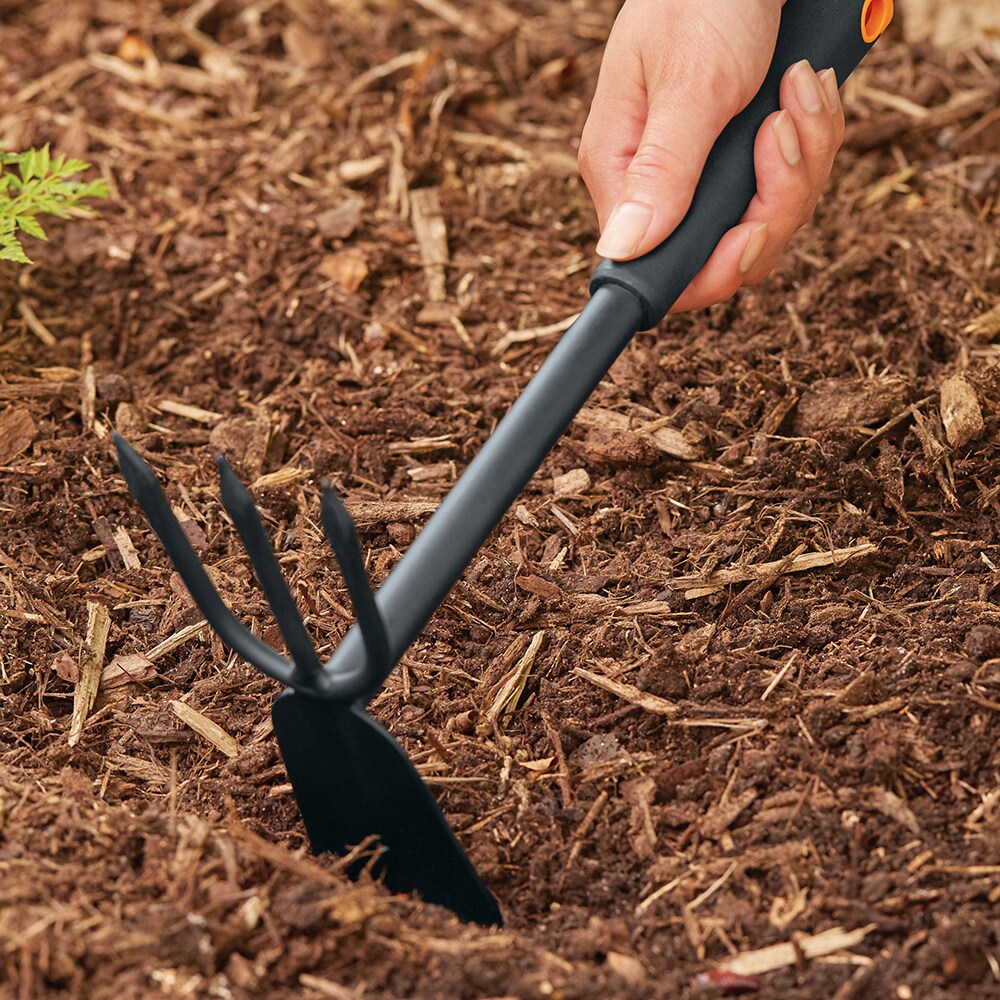
Ergonomic and Comfort Features
5. Ergonomic Handles
When selecting garden digging tools, comfort should take priority. Ergonomic handles significantly reduce strain on your hands, wrists, and arms, making it easier to work for extended periods. Tools designed with soft grips that conform to your hand shape can enhance the overall gardening experience.
Additionally, look for tools with contoured handles to support your grip and prevent slipping. This focus on comfort can also prevent injuries that may arise from repetitive motions. Investing in ergonomically-designed tools will improve your gardening efficiency and enjoyment, allowing you to focus on creating a flourishing garden without discomfort.
6. Lightweight Materials
Weight is another important factor when selecting garden digging tools. Many gardeners prefer lightweight materials, as these tools are easier to maneuver and require less effort. Lightweight tools reduce fatigue, especially when spending long hours working in the garden.
Materials such as aluminum and certain durable plastics provide strength without excess weight. Choosing lightweight garden tools enables you to maintain your energy level throughout the day. This consideration is especially beneficial for women and older adults, ensuring that gardening remains an enjoyable activity rather than a chore.
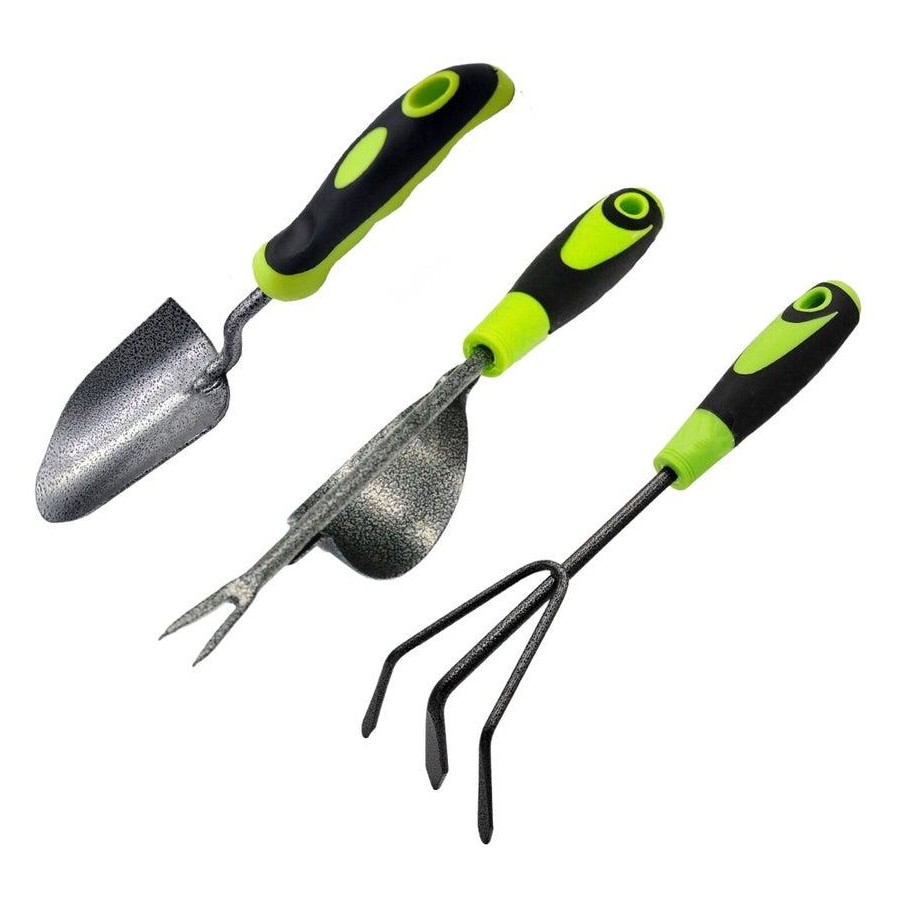
Maintenance Tips for Digging Tools
7. Keeping Tools Clean
Caring for your garden digging tools is crucial to extending their lifespan and maintaining performance. After each gardening session, take a few moments to clean off any soil or debris from the tools. Use a stiff brush or cloth to remove residue, especially from metal surfaces, to prevent rust formation.
Proper cleaning not only helps your tools look good but also ensures they function well. Any dirt left on the tools can accumulate over time and degrade their performance. Taking care of your tools fosters a sense of pride and responsibility in your gardening approach, ensuring they remain reliable when you need them most.
8. Proper Storage Solutions
Where you store your digging tools is just as important as keeping them clean. Ensure they are stored in a dry, protected area to avoid rusting or damage. You can use wall-mounted racks, pegboards, or designated garden sheds to organize your tools effectively. This keeps them off the ground, minimizing wear and tear while allowing for easy access.
When storing, consider hanging tools on hooks or placing them in a way that prevents them from being knocked around. This approach not only protects the tools but also saves time during busy gardening periods. An organized space encourages productivity and fosters a more enjoyable gardening experience.
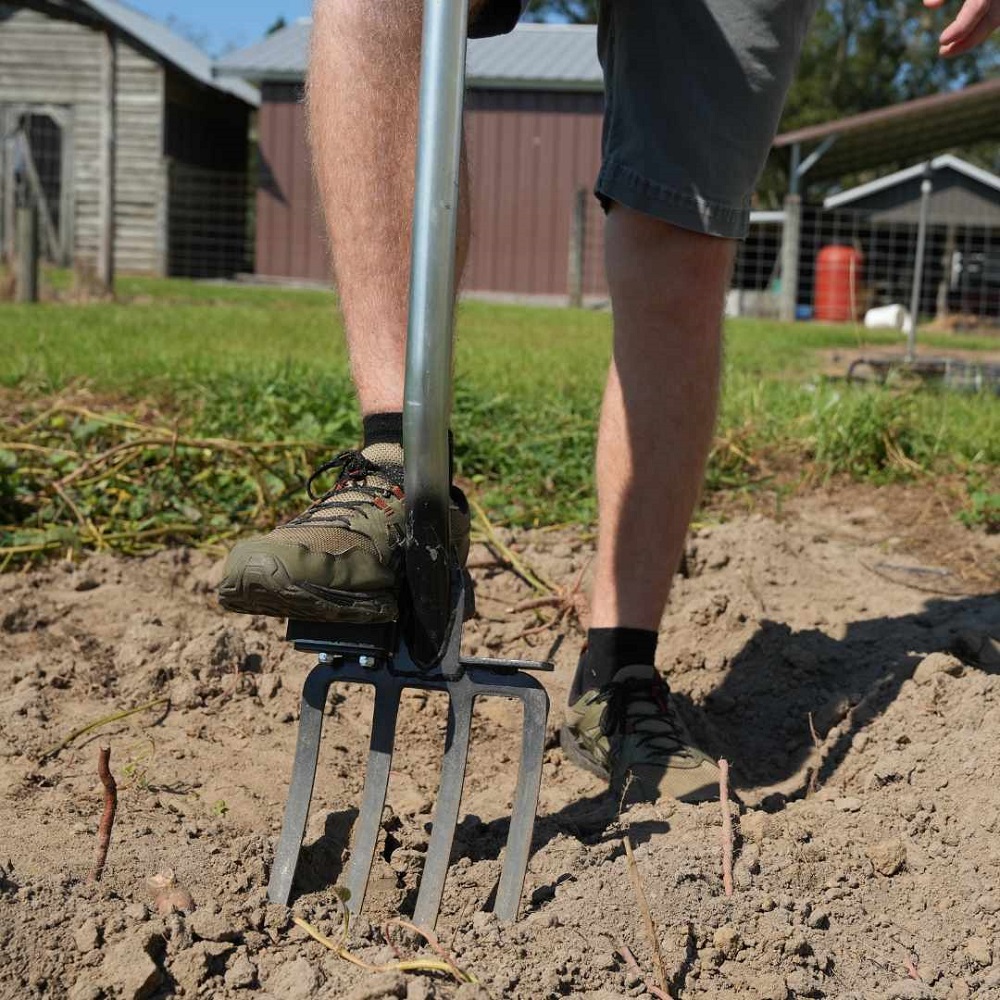
Conclusion: Equip Yourself for Success in the Garden
In conclusion, having the right garden digging tools is essential for conquering tough soil and creating a beautiful garden. From handy hand trowels to specialized post hole diggers, each tool serves a specific purpose that contributes to successful planting, aeration, and soil preparation. Understanding the unique qualities of various digging tools can significantly enhance your gardening experience.
When selecting the right tools, consider essential features like breathability, weight, and comfort. Prioritizing maintenance and proper storage will prolong the life of your tools, ensuring you can rely on them for years to come. By equipping yourself with the right tools and knowledge, you can tackle even the most challenging soil conditions with confidence.
Embrace the opportunity to create a beautiful garden through the effective use of quality digging tools. Each step you take will support your gardening efforts, leading to a healthy landscape filled with thriving plants. With the right tools and care, your garden can flourish, providing joy and satisfaction throughout the growing seasons ahead. Happy gardening!
